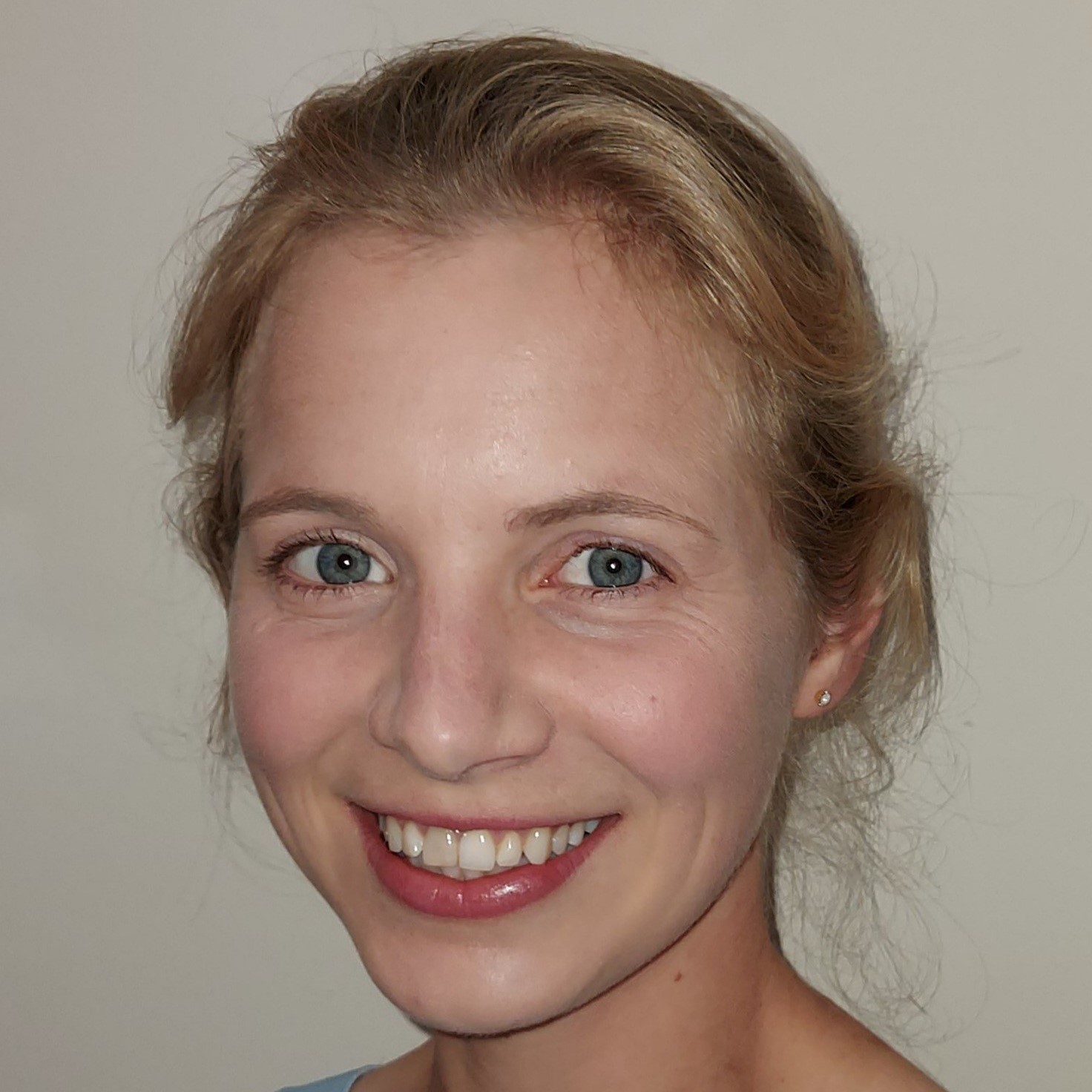Conferencia: Engineering biology for plastic degradation and upcycling
It will be taught by Joanna Sadler, Chancellor’s Fellow at the Institute of Quantitative Biology, Biochemistry and Biotechnology at the University of Edinburgh.
Sustainable production of industrial chemicals from renewable or waste feedstocks is a critical component of global sustainability goals. An emerging technology to address this is development of engineered biological systems to overproduce industrially valuable chemicals. These processes typically operate at ambient temperatures and pressures in aqueous environments using renewable and biodegradable catalysts. Whilst biotechnology has traditionally used glucose as a primary feedstock, a shift to valorising waste materials would enable sustainable chemical manufacture whilst driving a circular economy. Post-consumer plastic is an excellent candidate waste material, being abundant, cheap and carbon rich. This talk will describe engineering strategies to first degrade polyesters into usable monomer feedstocks, followed by an example of plastic valorisation into the high value chemical vanillin using a single engineered microbe. This work demonstrates the potential of biological upcycling of post-consumer plastic waste into high value products and substantiates the philosophy of valorising waste plastic as a feedstock for the circular bioeconomy.
Ponente
-
 Joanna SadlerChancellor’s Fellow at the Institute of Quantitative Biology, Biochemistry and Biotechnology at the University of Edinburgh
Joanna SadlerChancellor’s Fellow at the Institute of Quantitative Biology, Biochemistry and Biotechnology at the University of EdinburghJoanna Sadler is a Chancellor’s Fellow at the Institute of Quantitative Biology, Biochemistry and Biotechnology at the University of Edinburgh. Her multi-disciplinary research combines synthetic biology and synthetic chemistry in novel technologies to degrade and upcycle post-consumer plastic waste. This involves developing microbial cell factories and biocompatible chemical transformations to produce high value small molecules from plastic.

